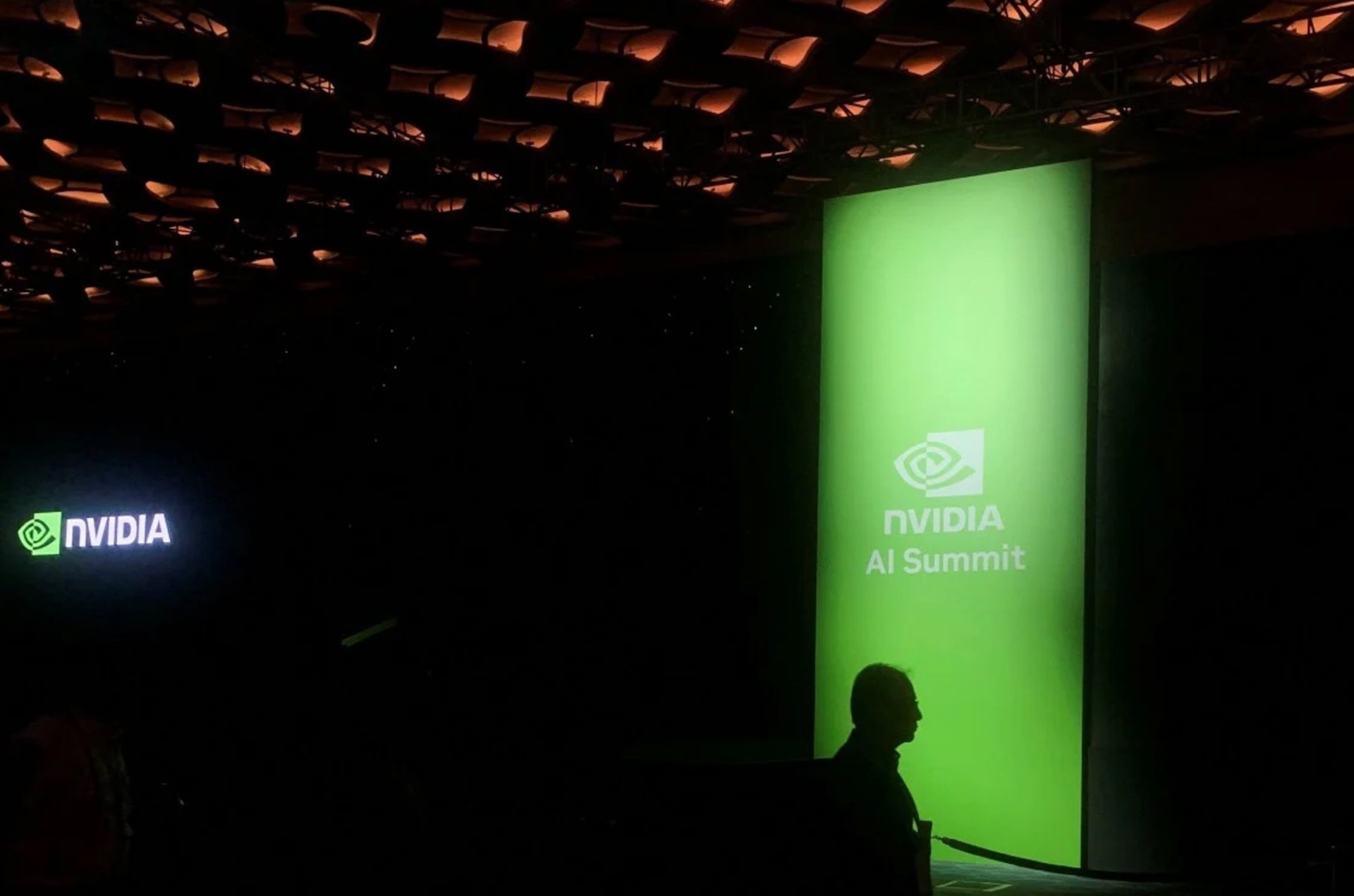Google uses Nvidia Eos supercomputer to design quantum computing processors
Google’s quantum AI division uses Nvidia’s Eos supercomputer to accelerate the design of quantum components.
Nvidia, the world’s No. 1 artificial intelligence (AI) chip company, is teaming up with Google to pursue another technology once in science fiction: quantum computing.
Google’s Quantum AI division will use Nvidia’s Eos supercomputer to accelerate the design of quantum components, the two companies announced in a statement on November 18.
This branch of computing aims to use quantum mechanics to create machines that are much faster than current semiconductor-based technology.
The world’s largest capitalized company believes that this technology will help Google solve a difficult problem.
“Developing a commercially useful quantum computer is only possible if we can scale quantum hardware while controlling the noise,” said Giffre Vidal, research scientist at Google Quantum AI. noise”.
To help make this possible, Nvidia is offering a supercomputer equipped with an AI acceleration chip.
Such calculations were previously expensive and time-consuming.
Google’s effort is one of many announcements Nvidia made this week at SC24 (High Performance Computing, Networking, Storage and Analytics) in Atlanta, Georgia (USA).

Quantum computing is a field of computer technology that uses quantum mechanical principles to process information.
Super location
A qubit can exist in both 0 and 1 states simultaneously, not just one state like a traditional bit.
Interference
Two or more qubits can be “entangled” with each other, meaning that the state of one qubit depends on the state of the other, regardless of the distance between them.
Quantum interference
Quantum computing uses this interference to maximize the likelihood of obtaining correct results and minimize the likelihood of obtaining incorrect results.
Potential applications of quantum computing
Although still in its infancy, quantum computing promises to bring breakthroughs in many fields.
Molecular and materials simulation: Supports the development of new drugs, chemicals and materials.
Optimization: Solve complex problems in logistics, finance and supply chain management.
Cryptography: Both breaks existing encryption systems and creates more secure encryption systems.
Artificial Intelligence: Train AI models and accelerate big data processing.
Test
Noise and error: Qubits are very sensitive to the environment, easily affected by noise leading to erroneous results.
Scalability: Currently, creating large, reliable and stable quantum systems remains a major challenge.
Cost: Quantum computing requires special cooling methods and strict environmental conditions, leading to high costs.
Although there are still many limitations, quantum computing is expected to revolutionize technology in the future.
Nvidia’s Blackwell chip has problems when deployed on servers.
Reuters reported that once expected to be a major step forward in AI technology, Blackwell’s new chip line is having overheating problems when deployed to servers.
This issue not only raises big questions about major partners like Google, Microsoft and Meta Platforms, but also about NVIDIA’s ability to meet market expectations in the field of advanced AI.
In March, Nivea announced the creation of the Blackwell line with advances in graphics processing and AI technology.
However, NVIDIA has encountered some delays in shipping Blackwell.
According to its data page, Blackwell is having integration issues with its servers.
This overheating event could negatively impact Nvidia’s reputation, especially when the market has high expectations for Blackwell.
To keep up with technology development trends, AI data centers require quick and efficient integration.
The AI chip market is becoming increasingly competitive, with the participation of competitors such as AMD, Intel and startups.
Some experts say Blackwell’s warming problem can be explained by two main factors.
According to sources, Navidi has repeatedly had to ask suppliers to change shelf designs, causing delays in product development and distribution.
An Nvidia representative said the company is working with major vendors as part of the development and engineering process.
Despite the technical challenges, Nvidia remains a leader in the AI industry.
If issues are resolved promptly, Blackwell AI is a big step forward in improving data center performance.

